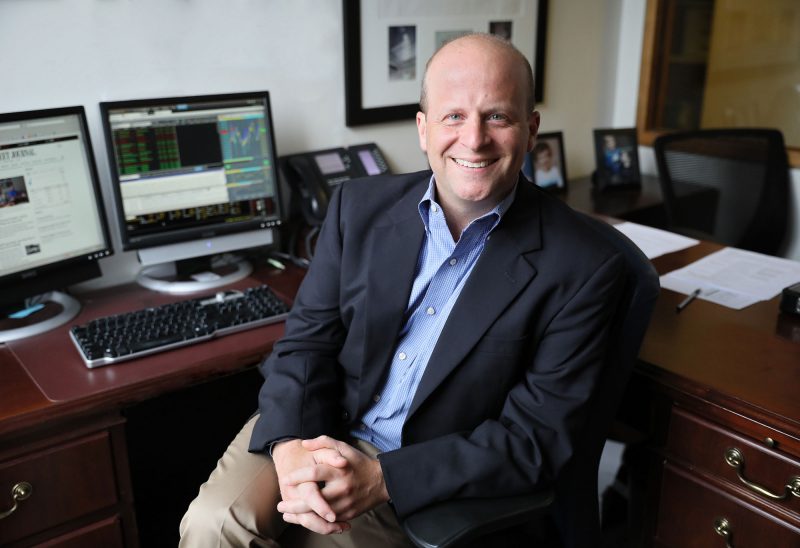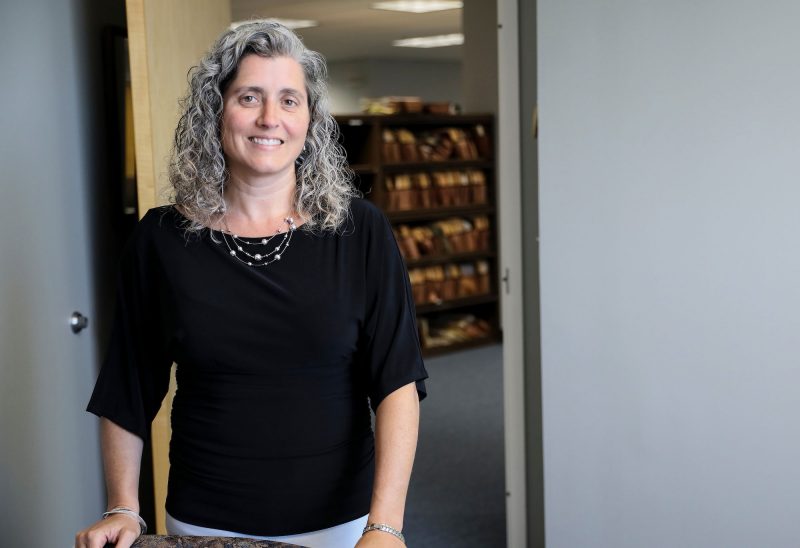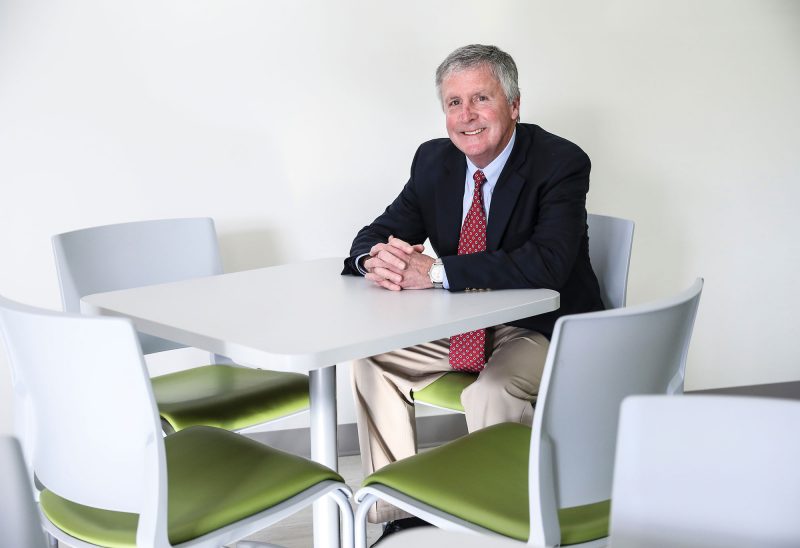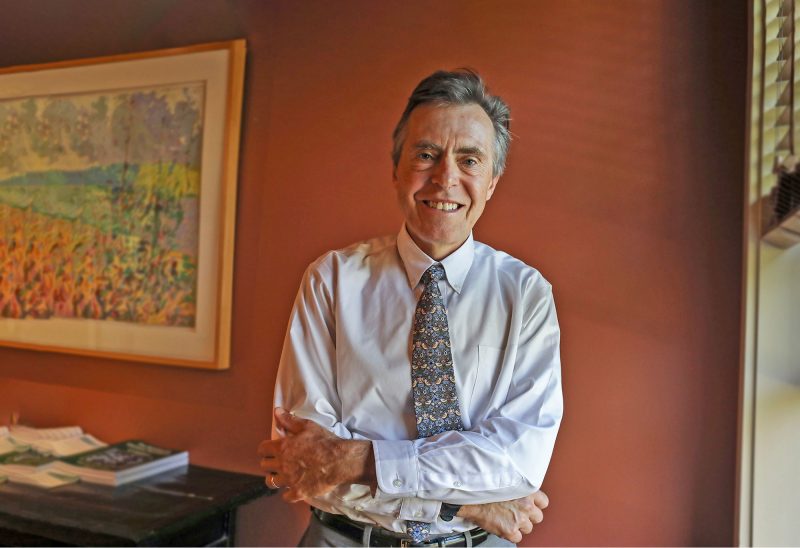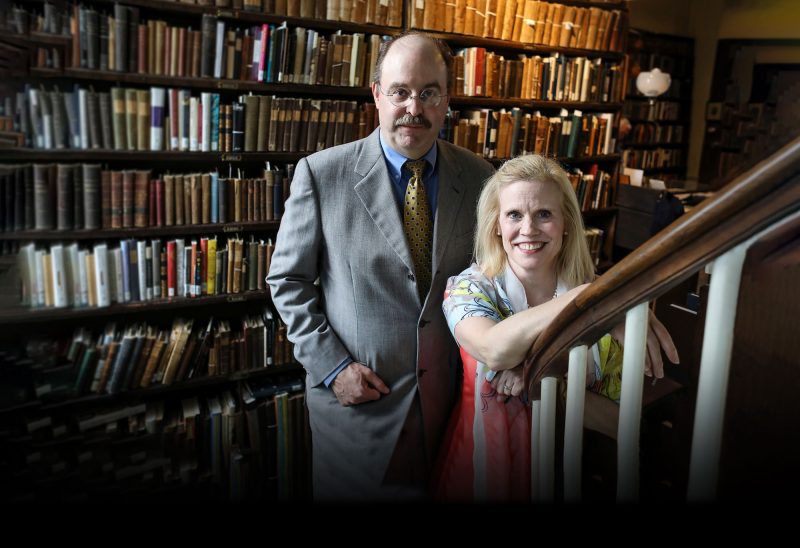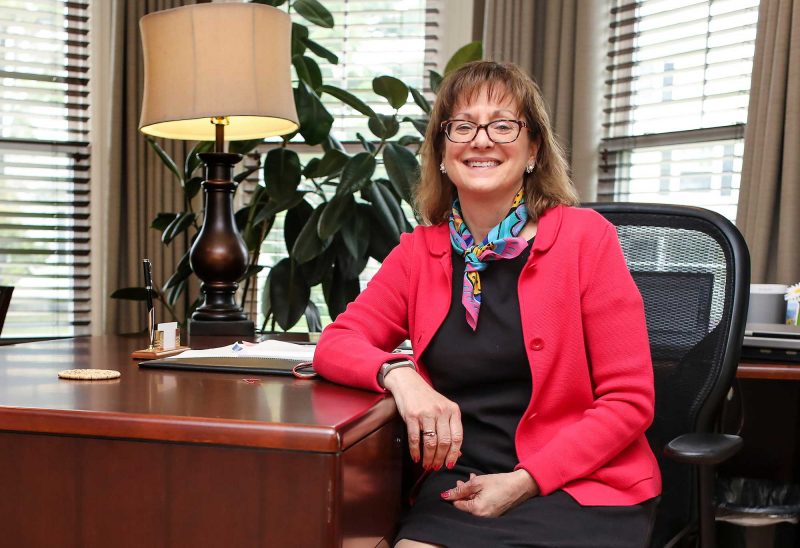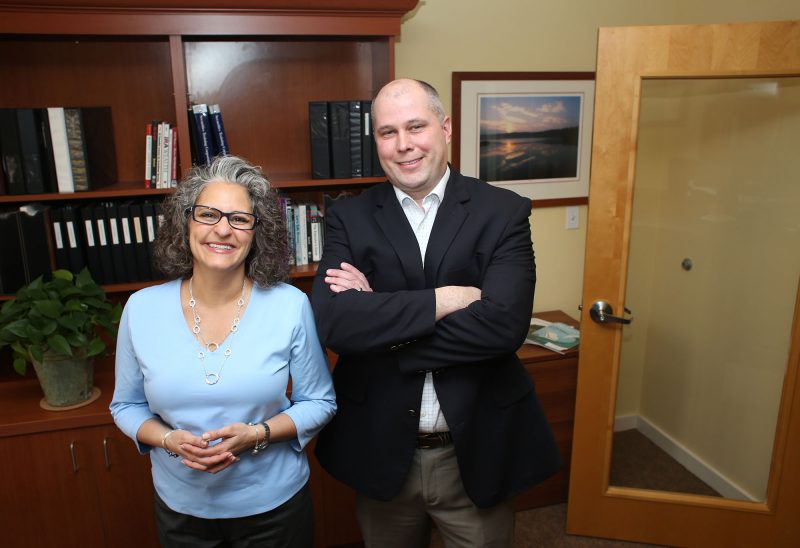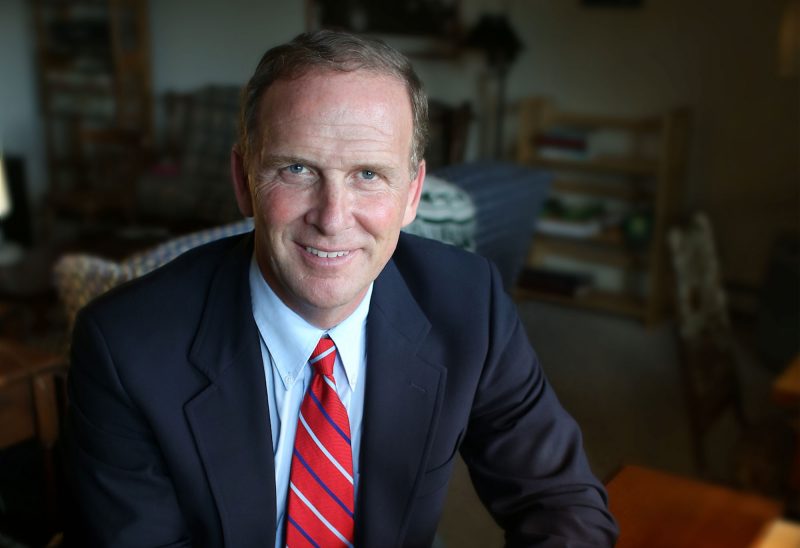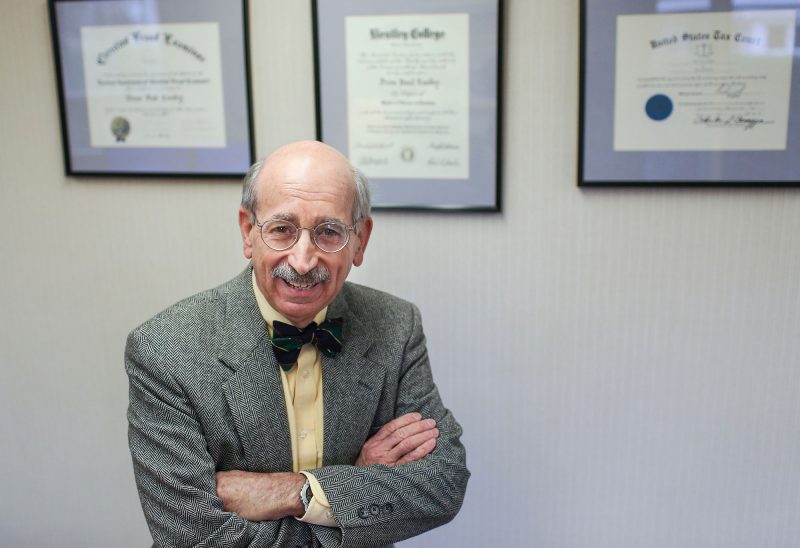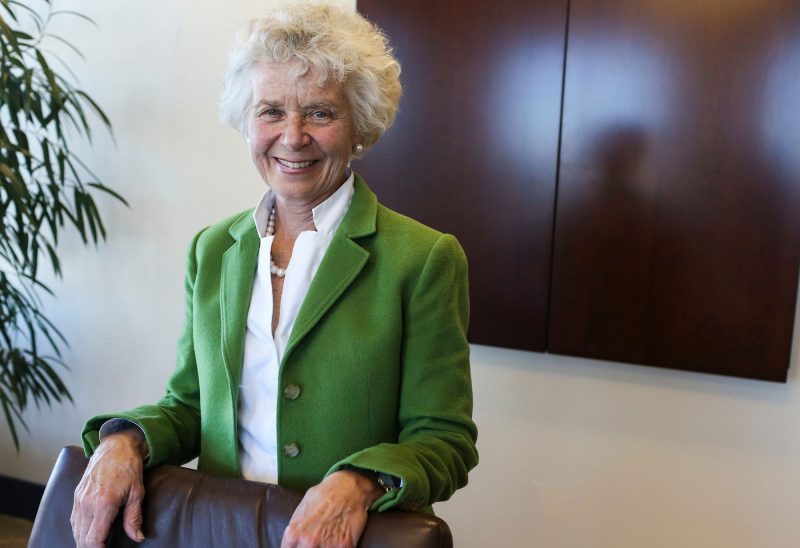Research shows that people want their professional advisors to ask them about charitable giving. And sooner rather than later.
The “U.S. Trust Study of the Philanthropic Conversation,” conducted in partnership with The Philanthropic Initiative, showed that virtually all high-net-worth people think this discussion should happen within the first several meetings with an advisor. A third think the topic of charitable giving should be raised in the very first meeting. Yet fewer than half feel their advisors are good at discussing personal or charitable goals with them.
Wondering how to start a conversation about charitable giving with your clients? Or looking to refresh it?
As part of an ongoing series, we’re asking some of New Hampshire’s most well-respected professional advisors how they “pop the question” about charitable giving.
Robin Young is the President and owner of Northstar Financial Planning in Windham. Her approach to all aspects of financial planning — including charitable planning — is rooted in a deep understanding of individual needs and circumstances. She focuses on working with women, in particular, and specializes in helping people managing through financial transitions like retirement, inheritance, divorce, loss of a spouse or sale of a business.
To talk about charitable giving effectively, she needs to understand people’s values — and the root of those values.
“It’s about listening and delving deep with clients to get to the heart of what is most important to them,” she said. When wealth is inherited, she said, “How they think and feel about the money and about charitable giving often is about trying to honor the person they received it from — from setting up a scholarship fund or carrying on a tradition of giving or trying to honor the person’s life in some way.”
She said that, in her experience, most people have some charitable intent.
“We embrace it when a client expresses it,” she said. “If you listen and you are in the moment with them, you can find the opportunities to help them move forward — because often they are not quite sure how to do it.”
Young is passionate about helping women with their planning. “Women have not been very well served by the financial services industry,” she said.
“Helping them to gain confidence around their ability to make good financial decisions is something we help our clients with…so they can increase their sense of financial well-being.” Part of the process is often just doing a reality check about how much there is, and how long it will last.
When they understand that, she said, they can begin to understand their capacity to give — which opens up the possibility of the joy and sense of purpose that come with making a difference.
“I really think that if women could gain some freedom around their finances and feel like they have control and that they aren’t going to run out of money, they really could have some freedom around giving,” she said.
Young brings up the idea of philanthropy at different times with different people.
“I ask ‘what are some ways that you could use your wealth to do something important to you that would be impactful?’” She cites examples to help people understand the possibilities — a woman who was passionate about health and wellness whose donation improved the running track at her alma mater; another who had a granddaughter with autism and was able to make a significant impact with a gift to a nonprofit focused on serving people with autism.
Young said that she wants to get people thinking about what is most important to them and would bring them joy and meaning. “It is most impactful when it is meaningful to them and really touches something in their life that they are deeply connected to,” she said.
Many of her clients want to give — but want to make sure they are doing so in the most effective way possible.
“More and more our clients are wanting to have an impact,” she said, and “to feel that they are part of a bigger mission. Charitable giving can be a wonderful way for them to get connected to organizations and to other like-minded people who share the same values.”
Young helps her clients understand the resources available, and often calls upon the Charitable Foundation to help them fulfill their philanthropic goals.
“I have a client currently who wants to do a scholarship fund to honor his mom — so connecting him to the New Hampshire Charitable Foundation is a great way for him to get more information for how to bring that to life,” she said.
Another had “strong charitable intent but didn’t know how to make it impactful. The Charitable Foundation was able to help her create a donor-advised fund and was able to guide her in utilizing that fund to gift to organizations in a way that it could be impactful. So that was a huge win for the client in terms of support and ongoing connection.”
For Young, it is clear: charitable giving is important to the people she serves. So helping them with it is an important — and fulfilling — part of her job.
“When you understand how they think and feel about money and you understand their life stories and you can help them do something that is important to them, that is just such a wonderful feeling,” she said, “and it creates a lifelong connection, and a kind of connection that they might not have with many people in their lives.”

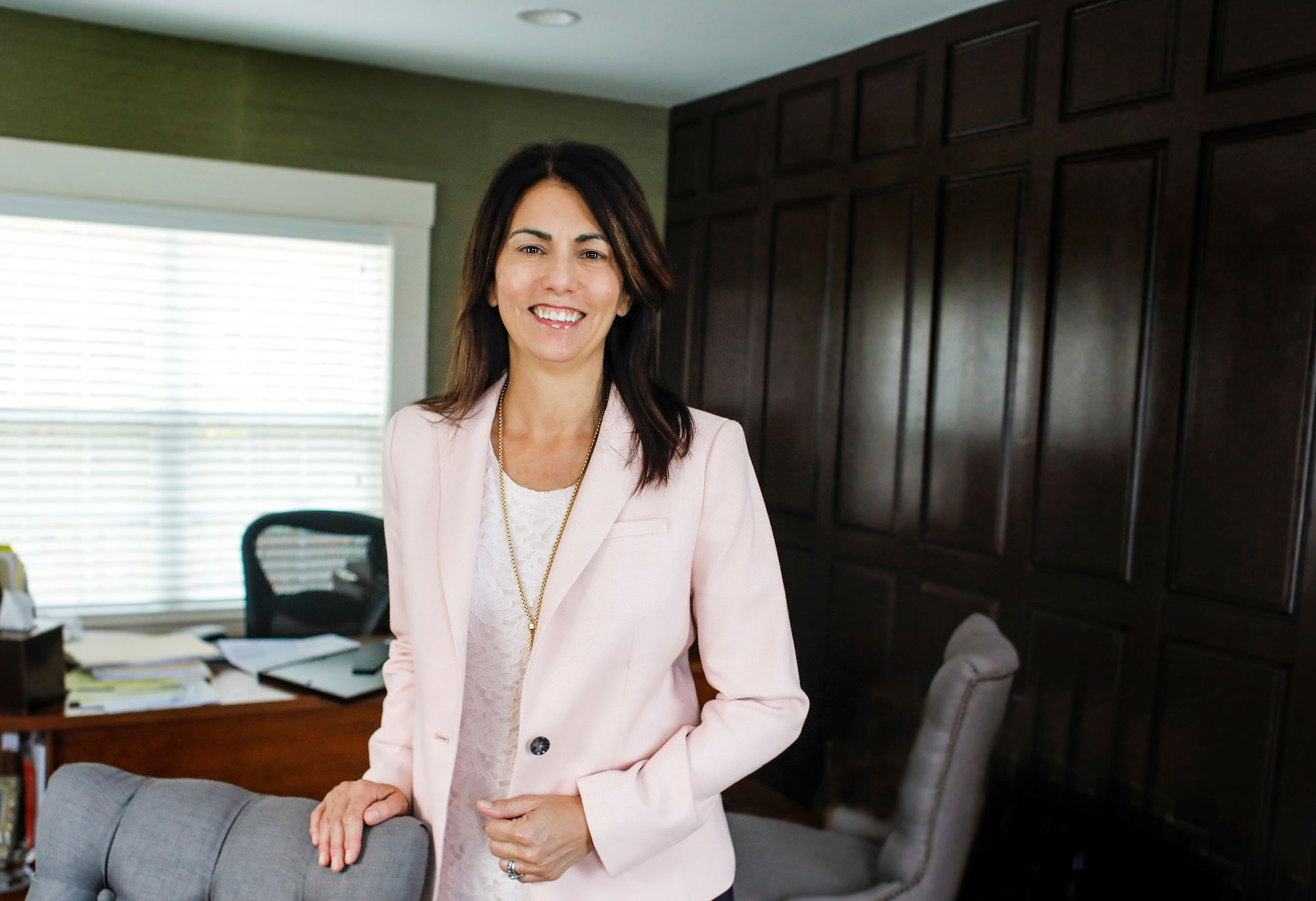







![Indrika Arnold, Senior Wealth Advisor, the Colony Group [Photo by Cheryl Senter]](https://www.nhcf.org/wp-content/uploads/2024/05/Indrika-Arnold-Hero-800x534.jpg)
